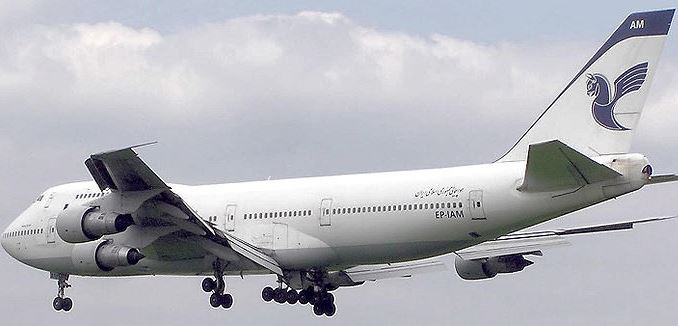An October 2010 deal between Iran and Egypt to resume direct flights between the two countries was described by Iran at the time as part of “a prelude to the resumption of ties between the two countries.” Iran had been seeking to shrug off international efforts to isolate Tehran, and the deal – coming between two traditional rivals who had frozen ties 31 years prior – was seen as a victory for the Iranian regime.
Ties warmed further under Egypt’s former president Mohammed Morsi. Morsi visited Iran and Iran’s then-president Mahmoud Ahmadinejad visited Egypt. The former was described by the Washington Post as a “foreign policy shift,” while the New York Times noted that the latter visit signaled realignment. Flights resumed last March.
The army-backed interim government that replaced Morsi last July has moved quickly to reverse any realignment and place Cairo firmly within an Arab/Israeli bloc that is taking shape in the region. The on-again flights to Tehran are off again:
“At the moment the security situation does not allow the ministry to support travel with Iran, including flights and tourist visits,” spokeswoman Rasha Azaizi said, without giving details. The army-backed government views Tehran with deep suspicion. In July, Egypt accused Iran of “unacceptable interference” in its domestic affairs for criticizing the military’s removal of Mursi. Iran called the ousting of Mursi a “cause for concern” and suggested “foreign hands” were at work in the Arab state.
Egypt enjoys a close military alliance with the U.S, and the U.S. in turn reaps operational and strategic benefits from the relationship, including prompt consideration for aerial and naval transit requests.
[Photo: Arpingstone / Wiki Commons]




